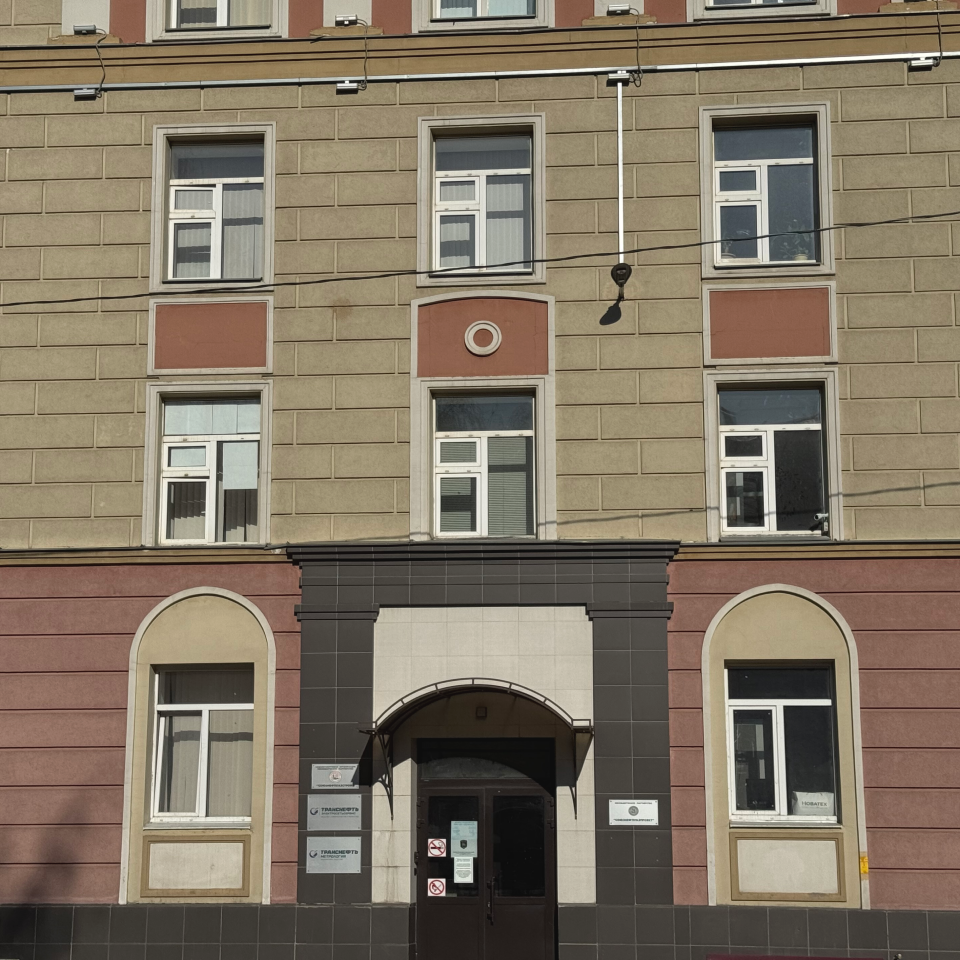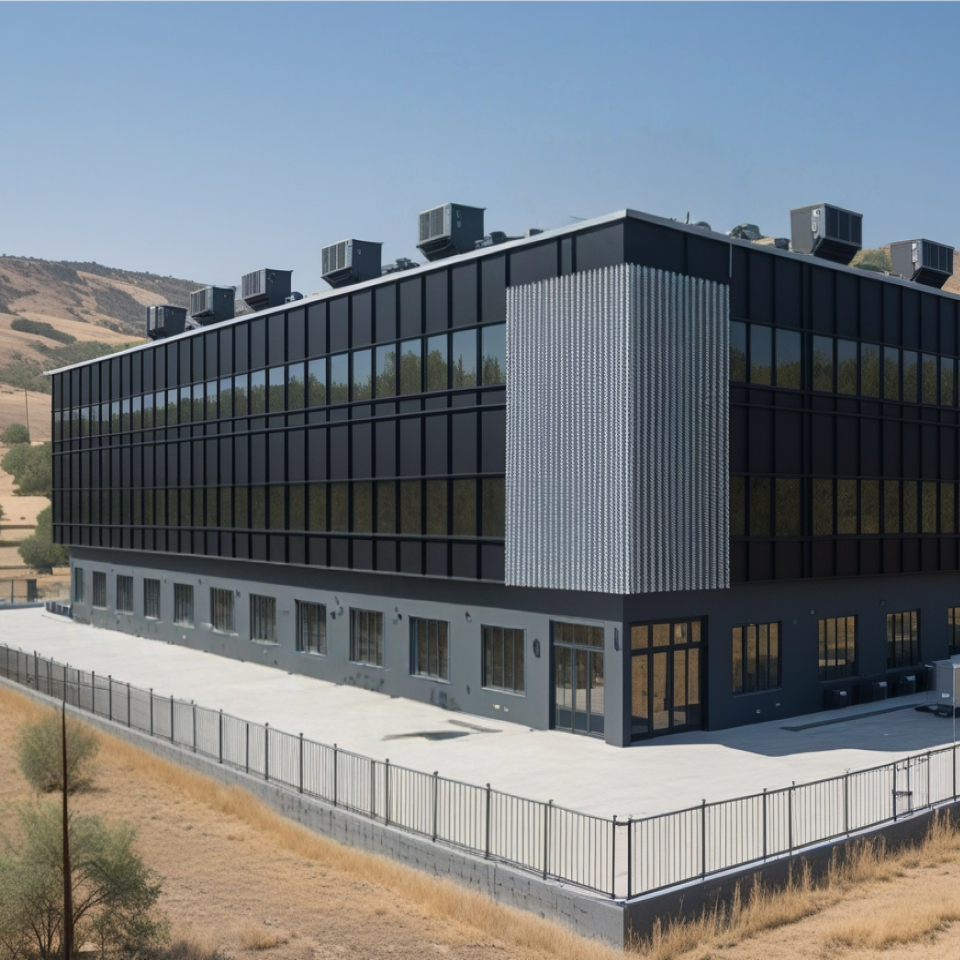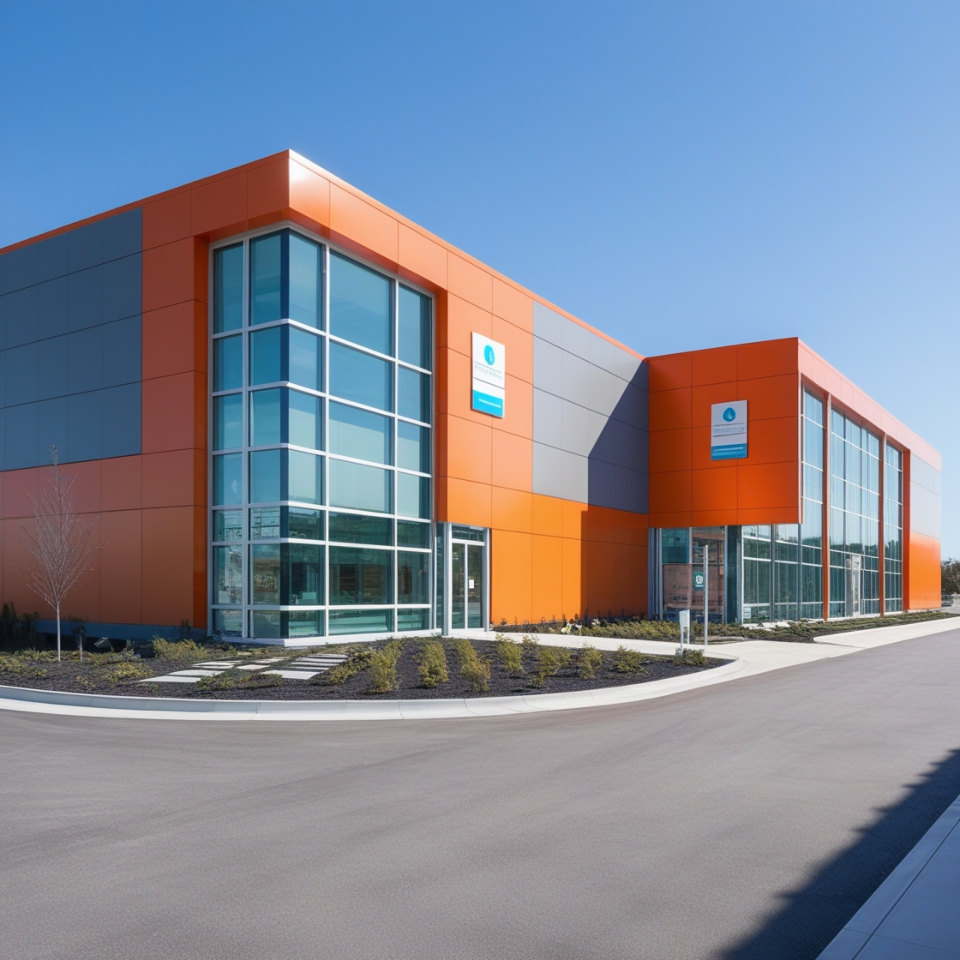The manufacturing sector, occupying a central position in the economic system of any country, represents a multi-level structure comprising numerous interconnected processes. The efficiency of these processes determines not only the quality and cost of manufactured products but also the speed of their entry into the market. In today's environment of rapidly changing consumer preferences and technological innovations, this becomes particularly significant.
The importance of precise and flexible management of production processes stems from the need to minimize costs, reduce design and manufacturing times, and enhance product competitiveness. This requires enterprises to implement comprehensive systems capable of providing automation of management, monitoring equipment status, and optimizing resource utilization.

Systems used for production process management must be highly integrated with other enterprise information systems, creating a unified information environment that ensures production transparency and controllability. This contributes to the formation of a holistic company development strategy, strengthens its market position, and enhances trust from clients and partners.
The use of modern information technologies in production enables rapid analysis of large data volumes coming from sensors, navigation systems, and other sources, facilitating informed management decisions. The implementation of automated control systems in the production sector gives companies the ability to promptly respond to environmental changes, quickly adapt to new market requirements and technological standards. This ensures business sustainability in uncertain conditions and opens new prospects for innovation and development.
Thus, the integration of automated control systems into the production sector is becoming not just a contemporary trend but a necessary condition for achieving high business results, ensuring sustainable development, and maintaining competitiveness at the international level. It allows not only optimizing existing processes but also building new, more efficient production models that meet the most modern requirements and standards. Manufacturing enterprises, recognizing the significance of these systems for their further development and prosperity, are actively implementing them in their production facilities. This enables them not only to reduce costs and improve product quality but also to strengthen their market position, ensuring stable demand and high business profitability.
The implementation of automated control systems in production is a complex and multi-stage process requiring deep knowledge in technology and management, as well as the ability to work with large information volumes. However, the results achievable through this effort are undoubtedly worth the investment. It is worth noting that the role of automated control systems in the production sector is becoming increasingly significant each year, and there is no doubt that in the future, they will become an integral part of any modern production, contributing to its dynamic development and prosperity.






